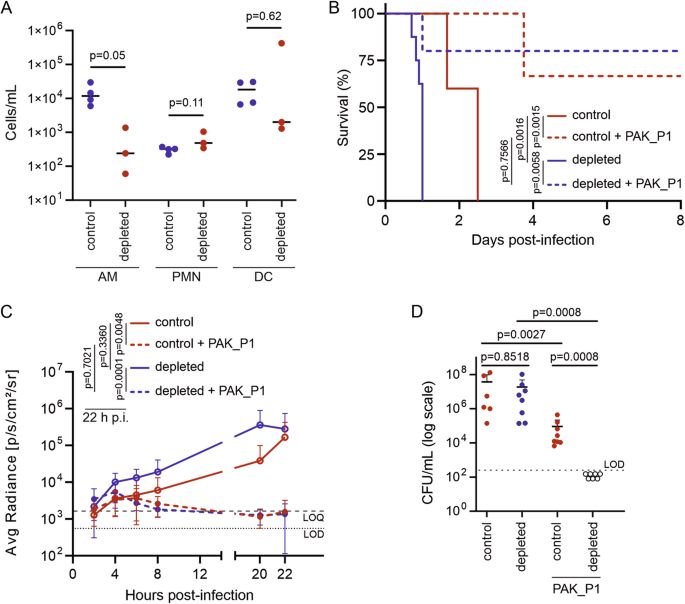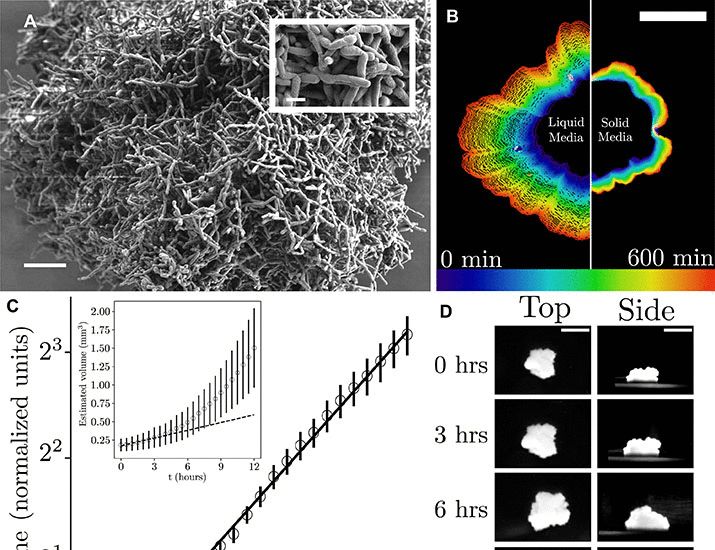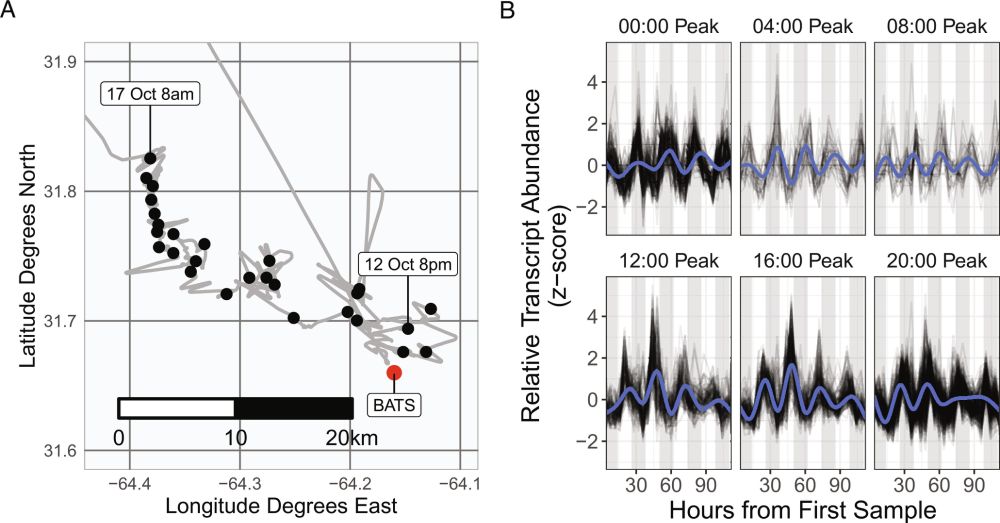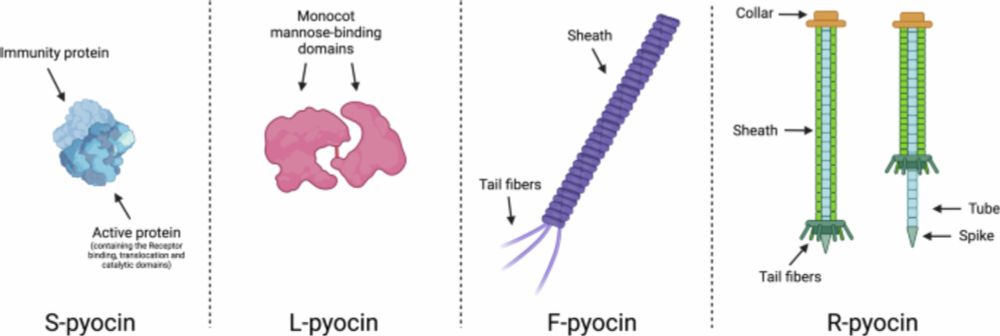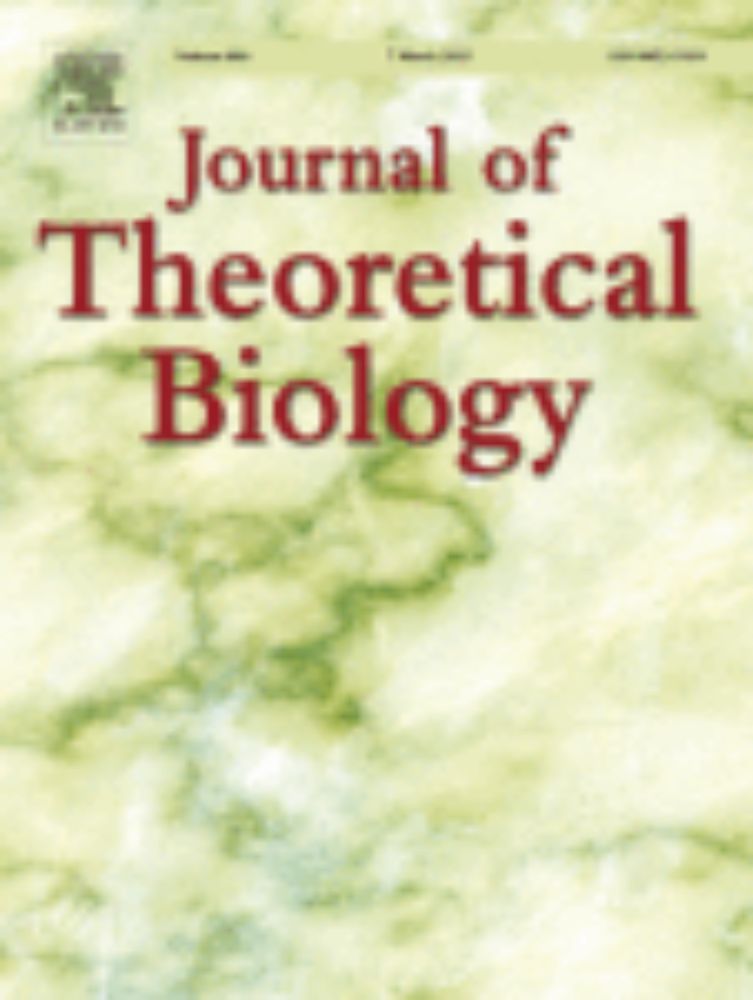Center for Microbial Dynamics and Infection
@cmdi.bsky.social
1K followers
1.3K following
39 posts
Our team of researchers at GeorgiaTech investigate mechanisms and consequences of microbial community dynamics both in the environment and during infection. https://sites.gatech.edu/cmdi/
Posts
Media
Videos
Starter Packs
Reposted by Center for Microbial Dynamics and Infection
Ellinor Alseth
@ellinoralseth.bsky.social
· Apr 10
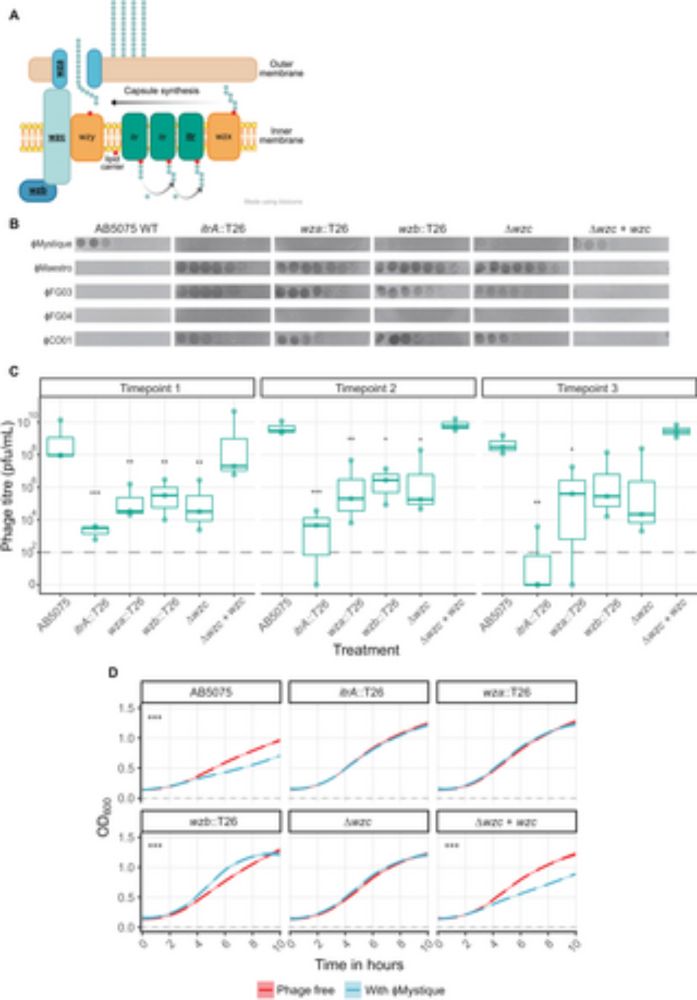
Mystique, a broad host range Acinetobacter phage, reveals the impact of culturing conditions on phage isolation and infectivity
Author summary Bacterial infections caused by Acinetobacter baumannii are a major global health concern due to high antibiotic resistance, earning it a critical priority pathogen ranking by the WHO. P...
journals.plos.org



